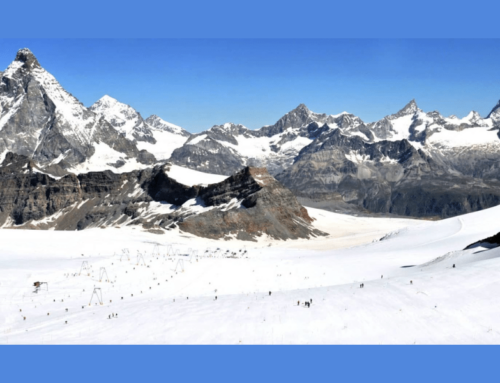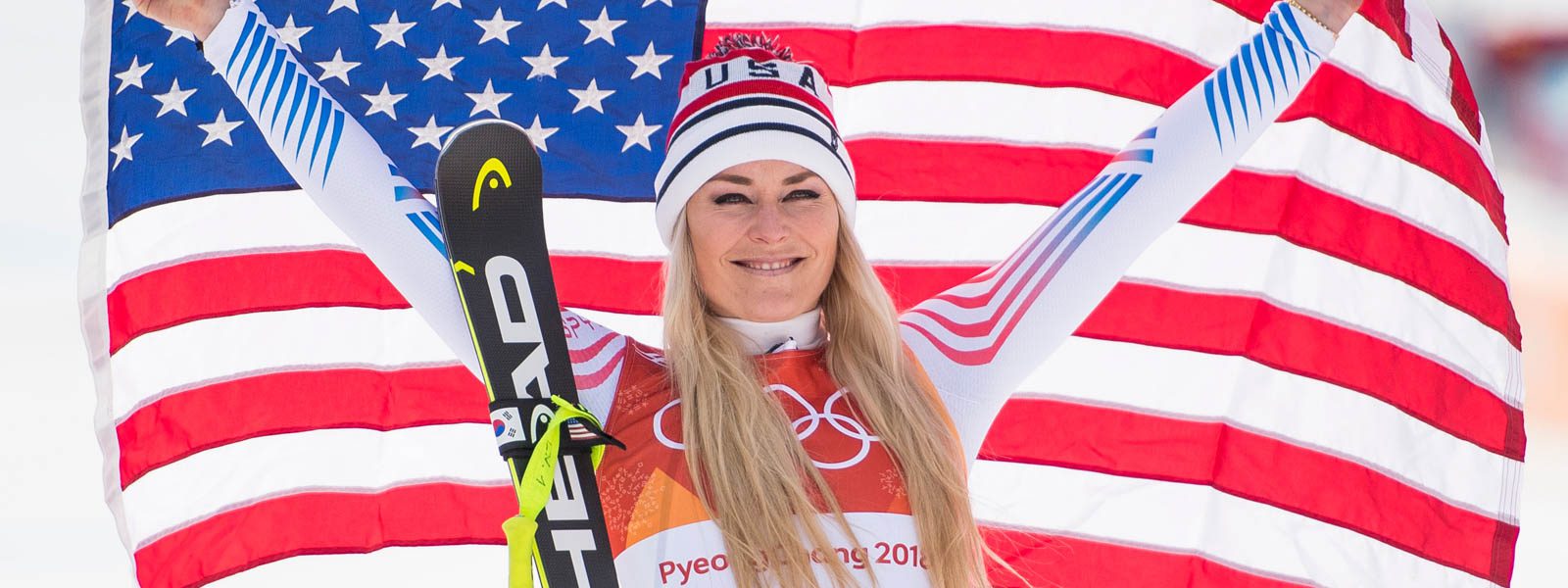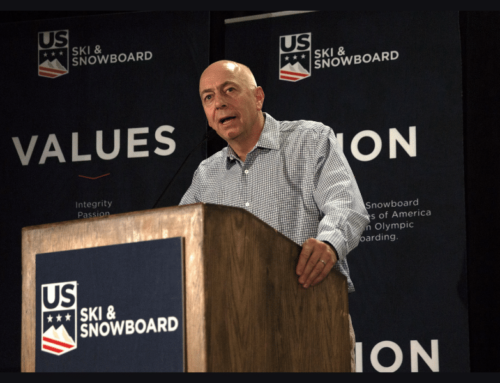Warner’s World: Should You Take a Year Off?
When I decided to take a year off, my dad wouldn’t talk to me for a week. I would never be going to college, he figured, which surprised and amused me. Funded in part by my grandfather, however, I forged ahead with my post high-school sabbatical.
And my dad was the first to congratulate me when I was accepted into my school of choice, Colby College, and cut my points in half in three of four disciplines.
For racers debating whether to take time off before college, it can be a tough decision to navigate, as parents can strongly lobby for academics over athletic pursuits, and often hold the financial resources necessary for a successful year off.
The best gap year is one of personal growth, both on and off the hill. It can be exactly what certain athletes need to prepare for the transition from junior racing to the college circuit.
“Instead of targeting points,” says Danny Noyes, the head coach at Colby College, “I encourage them to target growth and maturity in all facets of development and to become better all-around skiers.”
Although often the main objective of a gap year is to lower an athlete’s points to make the U.S. Ski Team or be a competitive incoming freshman, it’s important to focus on maturity and growth as a person and skier. If the focus is right, taking a year off can be an amazing experience and can drastically lower an athlete’s world rank.
“I think for the men, a year off can be very valuable from both a physical and mental maturity standpoint,” says Rogan Connell, the head coach at Bates College. “For the women, I think it’s much less critical unless they’re right on the bubble of making (national) team criteria, and even then I think they can come into college right away and perform at a very high level.”
“I tell people if they’re going to take a gap year,” says Chip Knight, the head women’s coach at Dartmouth, “that it’s really important to find a situation where they’ll have a good coach who’s focused on their program, a peer group that shares similar goals, and some aspect of academic or community engagement to remain productive in the down time.” Finding the right program that aligns with each athlete’s goals can be challenging, but it’s crucial.
It’s about finding the right group that will be productive and positive together. There’s a growing trend of private programs, and I discourage them unless the private program is constantly working in with other programs that keep the athlete motivated and challenged athletically. A year can be a very long time with a small program, so it’s best to mix things up with different groups that help push each other.
“I see too many kids take a PG year and end up on the same program they were on when they were in school,” says Connell. “They don’t take advantage of being able to focus just on skiing.”
Taking a gap year isn’t about doing the same thing again; it’s all about new experiences. It’s about giving teenagers freedom to learn who they are and to be in a place where they are pushed by new, different people in a different way. Most clubs are overjoyed to keep some of their best skiers around for an extra season, but it helps out the younger athletes of that club far more than the athlete taking a year off.
Pick a program as early as you can, particularly if you aren’t a top junior and have financial needs. If there’s some club grant money, it almost always goes to the athletes who commit early.
As a coach, I see the summer as simply too late to join a PG program. We want to spend the spring getting our athletes into good shape; the summer getting volume on snow; and the fall dialing in equipment and getting ready for a winter filled with travel, racing, and new experiences. Coach-athlete relationships need to be cultivated, and it takes time for athletes and coaches to understand how to connect, so the earlier they begin working together, the better.
The best time to start considering plans for next season is right now. If a year off is planned out properly, it can be an time filled with huge highs athletically and mentally, which will allow athletes to thrive in this sport for years to come whether on the U.S. Ski Team or as an NCAA contender.





















